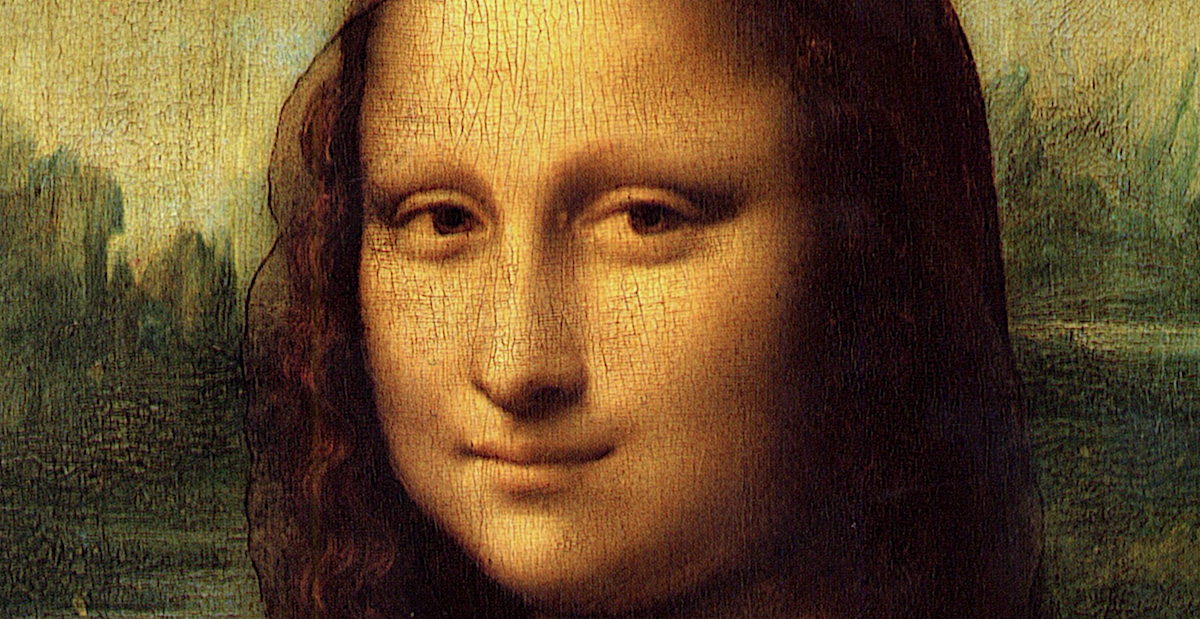Louvre denies Google access to the art collection; but are they about to capitulate?
Google Art Project has partnered with some 51 of the world’s greatest museums and cultural centres to bring us a Google Street View-style insight into their art collections. These virtual tours feature the likes of Bosch, Van Gogh, and the Washington National Portrait Gallery Collection. But one learned institution has so far stood stolidly in its way towards becoming the Big Brother of the art world; the Louvre – a major player refusing to play ball, and allow some of the most recognisable works of art in history, including Leonardo’s Mona Lisa, to be featured on the online visual library.
But all this may be about to change. Sources tell that Google has made headway in talking with the Louvre – the most visited museum in the world – in an effort to broker a deal whereby Google would be granted access to the Louvre’s 400,000-strong collection.
‘Everyone asks me if we have Leonardo’s Mona Lisa’, says Amit Sood, director of the Google Art Project: ‘We’re talking to people from the Louvre. [and] Maybe they’ll be part of the next phase.’
The Art Project illustrates Google’s commitment to bringing culture online and making it accessible to the widest possible audience. Under the auspices of the Cultural Institute, Google is producing high-resolution images of the Dead Sea Scrolls, digitizing the archives of famous figures such as Nelson Mandela, and creating 3D models of 18th-century French cities.
And this is only the latest trick in Google’s stratospheric rise to world domination. Google has been estimated to run over one million servers in data centres around the world, and process over one billion search requests and about twenty-four petabytes of user-generated data every day. As of September 2009, Alexa listed the main U.S.-focused google.com site as the Internet’s most visited website, and numerous international Google sites as being in the top hundred, as well as several other Google-owned sites such as YouTube, Blogger and Orkut. Google also ranks number two in the BrandZ brand equity database. The dominant market position of Google’s services has led to criticism of the company over issues including privacy, copyright, and censorship.
Follow ArtLyst on Twitter for breaking art news and the latest exhibition reviews

